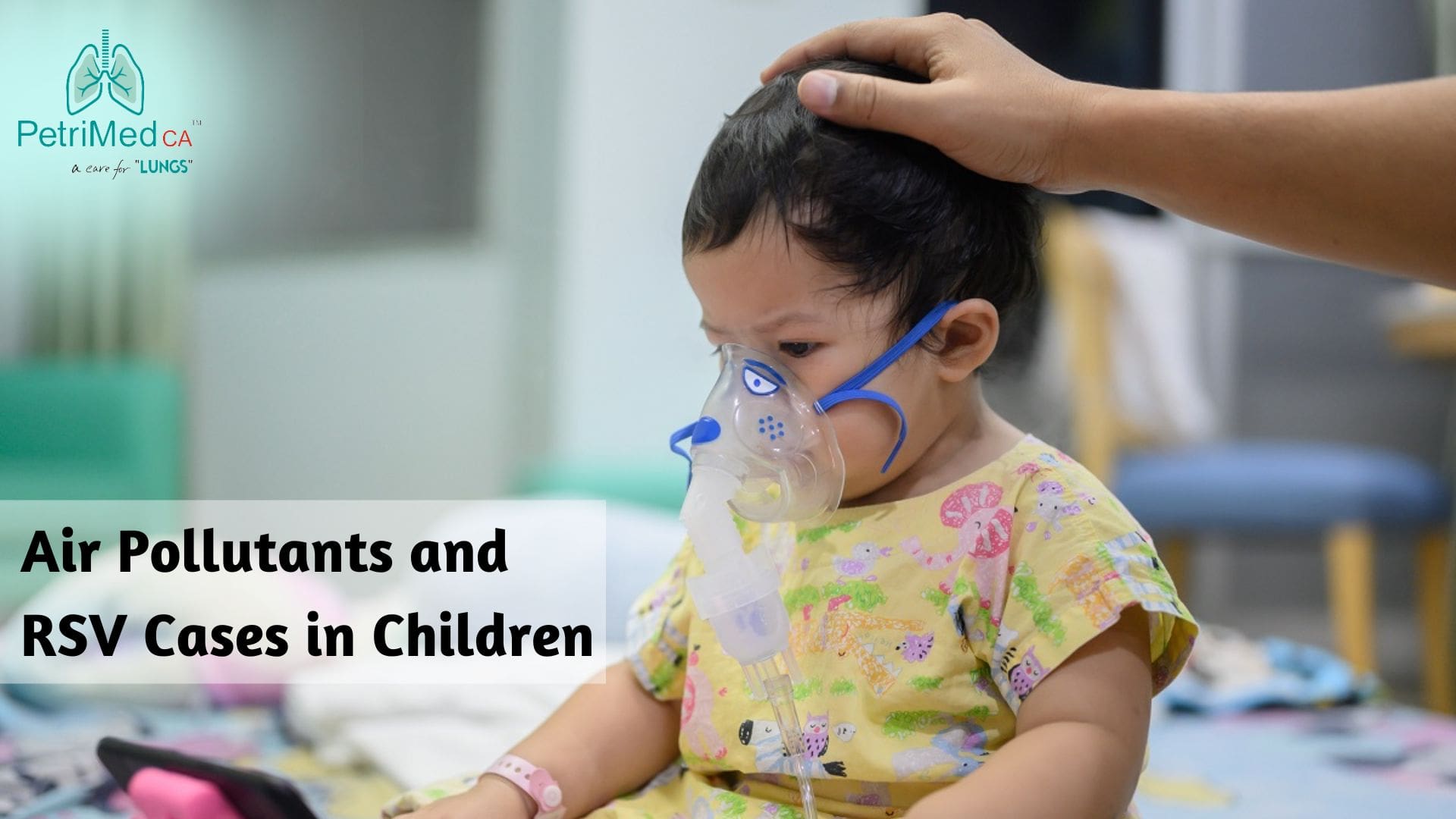Air Purification System: An Effective Solution to Respiratory syncytial virus (RSV) in Kids
06 May 2022
Children may be vulnerable to develop acute respiratory syncytial virus (RSV) infections if the exposure to air pollutants increases in a closed space. According to a U.S. study, babies and toddlers are particularly at the risk of developing RSV.
Respiratory syncytial virus (RSV) leads to pediatric hospitalizations. Young children, particularly premature infants and those who experience other acute diseases due to weak immune system, are more likely to develop the respiratory infections. It often appears to be another common cold, with symptoms like a cough, congestion, fever, sore throat, headache and fatigue.
Although respiratory syncytial virus (RSV) sounds unsafe for kids, still you don’t need to worry. A high effficient HEPA air purification system for homes can potentially create a healthy indoor space for toddlers by trapping most of the harmful particles.
What is respiratory syncytial virus (RSV)?
RSV has been categorized as one of the most contagious viruses that may affect the children before their 2nd birthday. In many cases, the virus may also be one of the common causes of bronchiolitis and pneumonia in children.
Symptoms of severe RSV infection include:
· Short, shallow and rapid breathing
· Feeling breathlessness
· Severe cough
· Sore throat and runny nose
· Unusual tiredness
· Irritability
Poor air quality may exaggerate the symptoms of respiratory syncytial virus:
Several scientific studies have concluded that the children are more susceptible to the negative health impacts of poor air quality because of narrow airway track, developing lungs, weak immune system, and the higher rates of breathing.
According to many experimental studies, harmful pollutants can potentially affect the people who are more vulnerable to respiratory infection. The researchers have also found that the ultrafine particles can also weaken the body’s natural capability to stop the transmittable agents.
And it becomes even more hazardous when you have to stay home. A new WHO report on Air pollution and child health concluded that more than 90% of the world’s children breathe in contaminated air. Unfortunately, most of them develop acute lower respiratory infections if the exposure to harmful particles is not reduced.
Is an Air Purification System Effective Against Pathogens?
An air purification system is a good option if it comes to reducing the concentration of harmful pollutants. There are many brands out there these days, but you shouldn't get satisfied with an ordinary air purifier if you want great results. With the latest filtration technology, it is efficient to trap most of the microbes, ultrafine particles and gaseous pollutants.
Let’s find out how an air purification system in India can help avoid the chances of respiratory syncytial virus in children.
Air purifiers are not supposed to be the primary protection against microbes and pathogens. Practicing good hygiene and proper ventilation in homes should be the foremost thing to follow. However, an air purification system like PetriMed CA APS-400, which is efficient to capture 99.999% of airborne ultrafine particles, including viruses, can be a good idea to protect the children against RSV. To ensure more effectiveness against indoor pollutants, it includes UV-C disinfector and ionizer, along with HEPA-14 and activated carbon zeolite filter, to create a healthy indoor space for everyone.
